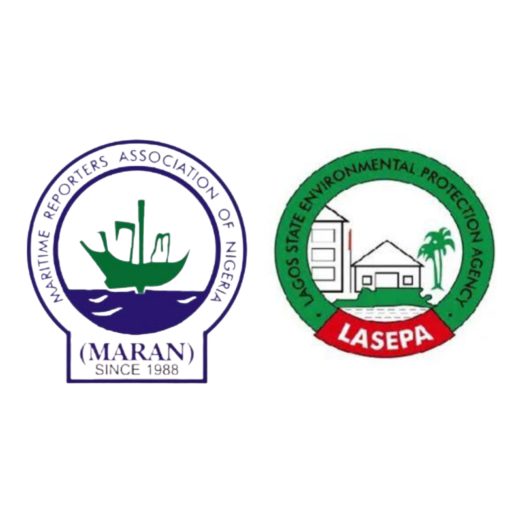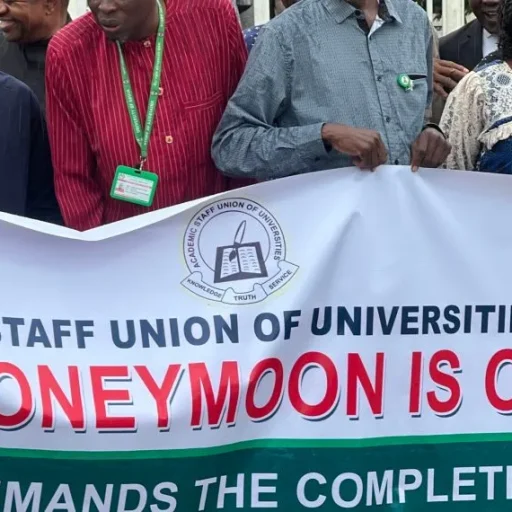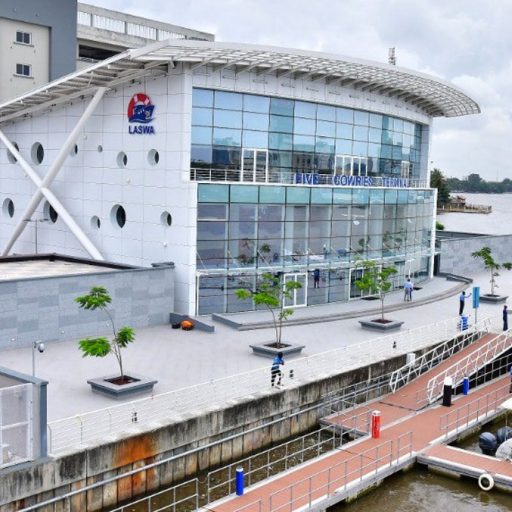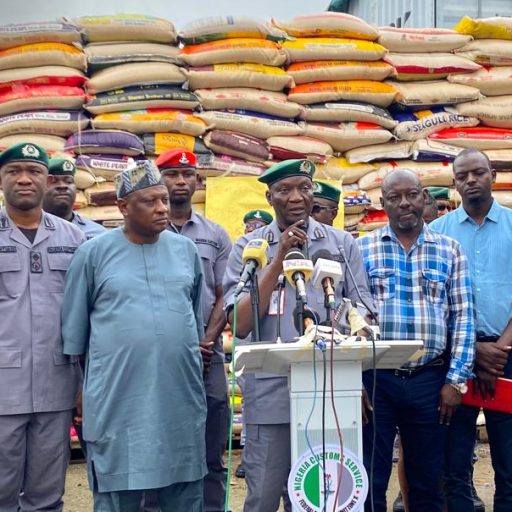The Maritime Reporters’ Association of Nigeria (MARAN) has issued a stern warning over what it describes as a looming environmental and public health crisis engulfing the Apapa and Tin Can Island industrial zones in Lagos.
The group pointed fingers at major operators including Flour Mills Nigeria Plc, the Dangote Group, Olam Agric, BUA Foods, and Honeywell Flour Mills for contributing to hazardous working and living conditions in the area.
In a statement released in Lagos, MARAN President Godfrey Bivbere condemned the apparent lack of accountability and regulatory oversight, citing “increasingly hazardous working conditions” linked to airborne dust and particles, believed to originate from flour and food processing activities.
According to MARAN, these emissions are not only damaging the environment but also putting port users, workers, journalists, and security personnel at direct risk.
“Every day, those who pass through these corridors are exposed to irritants that cause eye inflammation, coughing, and respiratory issues,” Bivbere said. “This is not just inconvenient—it’s dangerous.”
The group’s observations paint a bleak picture: clouds of dust lingering over roads and facilities, poor air circulation, and a lack of visible mitigation efforts from the implicated companies. MARAN noted that despite the economic significance of these companies and their operations, there appears to be little commitment to sustainable environmental practices or modern industrial hygiene.
MARAN called on the Federal Ministry of Environment and the Lagos State Environmental Protection Agency (LASEPA) to break the silence and conduct an independent air quality assessment one benchmarked against World Health Organization (WHO) guidelines. The group also called for the immediate deployment of mobile medical clinics to address health complaints among exposed workers.
More critically, MARAN accused these companies of ignoring basic environmental protocols and urged them to adopt global best practices, including the use of enclosed silos, modern filtration systems, and proper dust control mechanisms.
Beyond human health, MARAN warned that the unchecked pollution could fast-track the degradation of recently rehabilitated road infrastructure in the area threatening to undermine billions in public investment.
While MARAN reaffirmed its commitment to collaboration and advocacy, the association emphasized that the time for passive observation has passed. It pledged to intensify its monitoring and public engagement efforts until meaningful change is achieved.
“The Apapa and Tin Can corridors are not dumping grounds for industrial negligence,” the statement concluded. “If we truly value these national assets, we must act now to protect the people and the environment.”















Leave a Reply